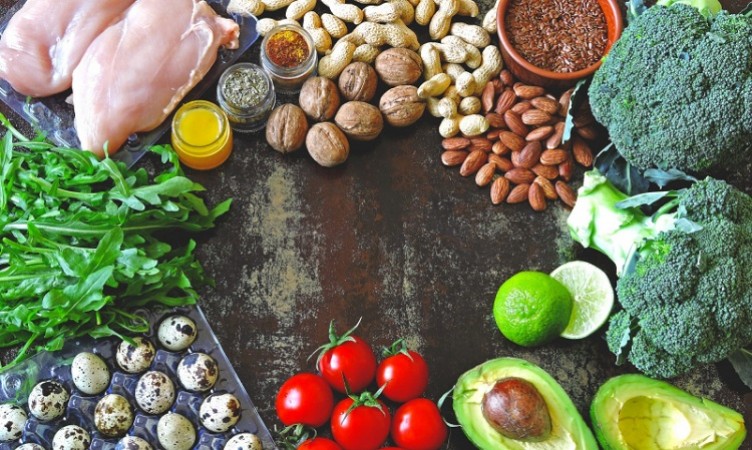
Oxidative stress is a condition that occurs when there is an imbalance between the production of harmful free radicals and the body's ability to neutralize them through antioxidants. Glutathione, often referred to as the body's "master antioxidant," plays a crucial role in combating oxidative stress and maintaining overall health. In this article, we will explore ten effective ways to increase glutathione levels and reduce oxidative stress.
Eat a Balanced Diet
A well-balanced diet rich in fruits, vegetables, lean proteins, and whole grains provides the body with essential nutrients, including amino acids, vitamins, and minerals necessary for glutathione synthesis. Foods like spinach, broccoli, garlic, and avocados are particularly high in glutathione precursors.
Consume Sulfur-Rich Foods
Sulfur-containing foods are essential for glutathione production as they provide the necessary building blocks. Include sulfur-rich foods like garlic, onions, leeks, and shallots in your diet to support glutathione synthesis.
N-acetyl cysteine (NAC) Supplements
NAC is a powerful precursor to glutathione and is readily available in supplement form. It helps replenish glutathione levels and provides antioxidant protection to the body.
Whey Protein
Whey protein contains cysteine, a sulfur-containing amino acid crucial for glutathione synthesis. Incorporating high-quality whey protein into your diet can help boost glutathione levels.
Regular Exercise
Engaging in regular physical activity stimulates the production of glutathione and enhances the body's overall antioxidant defense mechanisms. Aim for at least 150 minutes of moderate-intensity exercise per week.
Maintain a Healthy Weight
Excess body fat can lead to increased oxidative stress. Maintaining a healthy weight through a balanced diet and regular exercise can help reduce oxidative stress and support glutathione levels.
Get Enough Sleep
Quality sleep is essential for overall health and the maintenance of glutathione levels. Aim for 7-9 hours of restorative sleep each night to allow your body to repair and regenerate.
Limit Alcohol Consumption
Excessive alcohol consumption depletes glutathione levels and increases oxidative stress in the liver. Moderation is key when it comes to alcohol intake to maintain optimal glutathione levels.
Manage Stress
Chronic stress can lead to increased oxidative stress. Incorporate stress-reduction techniques such as mindfulness, meditation, yoga, or deep breathing exercises into your daily routine to support glutathione production.
Stay Hydrated
Adequate hydration is crucial for overall health and helps maintain optimal glutathione levels. Aim to drink at least 8-10 glasses of water daily to support detoxification processes.
Increasing glutathione levels and reducing oxidative stress is essential for maintaining overall health and preventing various chronic diseases. By incorporating these ten strategies into your lifestyle, you can support your body's natural defense mechanisms and enjoy the benefits of reduced oxidative stress. Remember that it's always a good idea to consult with a healthcare professional before making significant changes to your diet or supplement regimen, especially if you have underlying health conditions.
Eating milk and jalebi gives relief from these diseases
Cold food can make you sick, know how it harms your health
Be careful if you drink bottle gourd juice daily, otherwise this disease may occur